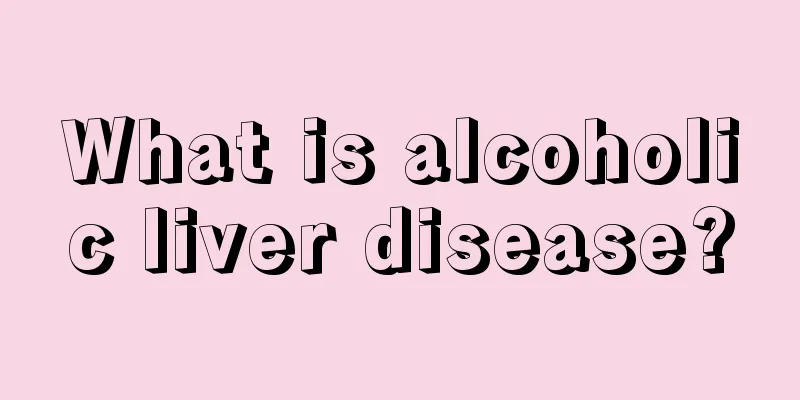How to treat weak pulse and get better quickly

|
The normal pulse rate of a person is about 60 to 100 beats per minute, with an average of 75 beats. The pulse rate may vary depending on age and gender. If the pulse is lower than 60 beats per minute, or higher than 100, it is abnormal. Sometimes, even if the pulse is within the normal range, a weak pulse and a weak beating may also cause symptoms such as chest tightness and difficulty breathing. If you have a weak pulse, there are many ways to regulate it, and dietary supplements are a good choice. 1. Beans Legumes, especially soybeans, contain a large amount of linolenic acid, which can lower cholesterol and blood viscosity, while increasing the content of high-density lipoprotein. The U.S. Food and Drug Administration allows soy product manufacturers to state on product packaging that consuming 25 grams of soy protein per day can reduce the risk of heart disease. Soak the soybeans overnight, then dry them and freeze them in a plastic bag. You can use them to make various dishes at any time, such as boiled beans, fried beans, bean soup, etc. In addition, eating bean sprouts, tofu and soy products regularly can protect the heart. 2. Fish The American Heart Association recommends eating more fish, especially fatty fish like salmon, mackerel and albacore tuna, at least twice a week. These fish are rich in omega-3 fatty acids, which can reduce the risk of coronary heart disease. But when eating fish, limit your intake of corn oil, sunflower oil, and soybean oil, as these oils can counteract the cell-protecting effects of fish. 3. Nuts Researchers from the Harvard School of Public Health surveyed a group of heart attack survivors. Their latest survey report found that eating 1/3 cup of dried beans a day can reduce the risk of a second heart attack by 38%. Almonds, pecans and peanuts all help protect your heart, but only a handful (about 42 grams) a day is suitable. 4. Garlic Garlic is a health food. It can remove cholesterol that is harmful to the heart. Garlic can reduce low-density lipoprotein, a substance that causes heart disease. It can also reduce the viscosity of platelets, prevent blood clotting, and prevent the formation of blood clots. Eating at least 1 to 3 cloves of garlic every day, preferably unprocessed or unodorized garlic, can help prevent coronary heart disease. Onion: It has the effect of lowering cholesterol. Whether eaten raw, fried, stewed or boiled, onion is always a "friend" of the heart. |
<<: Complications of carpal tunnel syndrome surgery
>>: What are the benefits of soaking bulrush in wine
Recommend
Can sprouted potatoes be eaten?
Potatoes, I think there are few children who don’...
Where are the abdominal lymph nodes?
There are many lymph nodes in our abdominal cavit...
Which hospital is good at treating melanoma
Which hospital is good at treating melanoma? I be...
What is the approximate recurrence rate of colon cancer
What is the recurrence rate of colon cancer? The ...
The role of coronary angiography
As the pace of life continues to accelerate, more...
What should lung cancer patients pay attention to in terms of diet? Lung cancer patients need to make these adjustments to their diet
After suffering from lung cancer, the patient'...
What is the reason for high blood transaminase
In medicine, transaminase is known as an indicato...
Is it good to urinate quickly after drinking beer and what should you pay attention to?
Maybe many of us love drinking beer and have the ...
How to correctly understand rabies vaccine
In fact, everyone is familiar with rabies vaccine...
What are the effective treatments for knee bone spurs?
When we reach a certain age, the various function...
Dietary considerations for patients with brain cancer and epilepsy
As the disease progresses, brain cancer patients ...
What to do with low red blood cells? It turns out there are two treatments
There are many factors in daily life that can cau...
There is a long hair on the shoulder
When people think of white hair growing on the bo...
Side effects of applying garlic to the soles of feet
Garlic is a condiment used in daily life. It can ...
How many years can you live after ovarian tumor removal
Survival after ovarian tumor resection varies gre...









